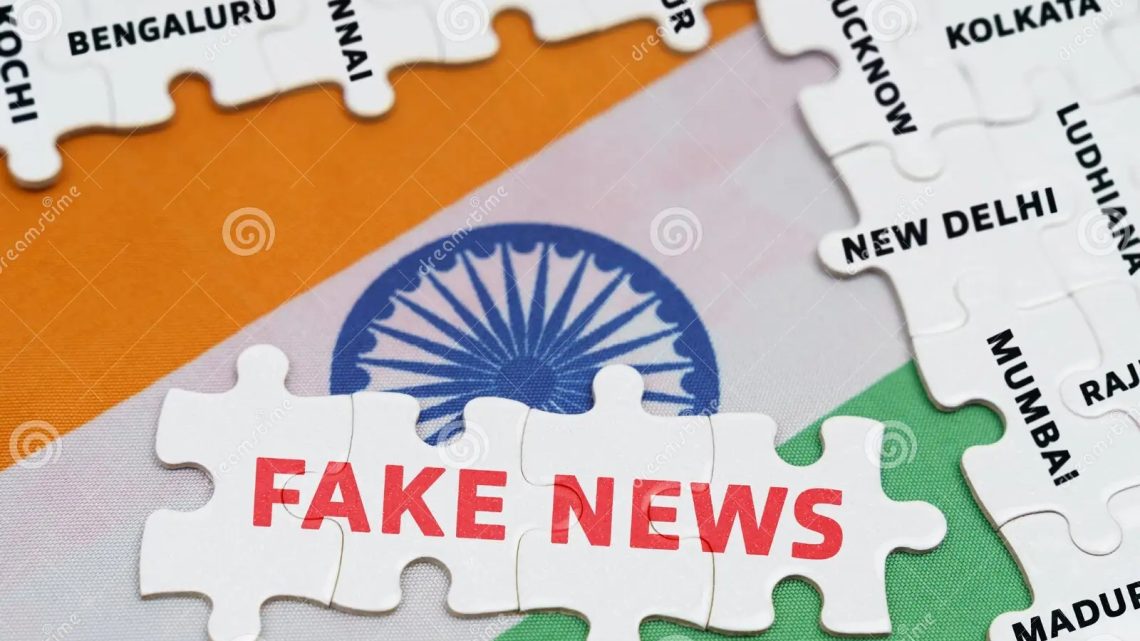
India: The Fake News Capital of World
August 13, 2024India has emerged as a major hub for fake news, with recent research revealing that 750 fraudulent media entities are operating within the country. These outlets are responsible for spreading disinformation across 119 nations using 550 different domain names. This proliferation of false information poses a severe threat, as highlighted by a 2023 Statista Survey, which ranks disinformation as the top threat to India, even above infectious diseases and economic crimes.
In 2023, prominent Indian news outlets such as News18, Times Now, and Zee News faced multiple fact-checks for disseminating false information. News18 was fact-checked 21 times, Times Now 18 times, and Zee News 14 times. This pattern underscores the widespread issue of misinformation within mainstream media.
The Bharatiya Janata Party (BJP) has been identified as a significant source of fake news. The party reportedly employs misinformation to advance its political goals and undermine its opponents, both within India and globally. The network of 750 fake media outlets is part of a broader strategy to manipulate public perception and support BJP’s political objectives.
The COVID-19 pandemic saw a surge in false information, including fake cures, lockdown rumors, and conspiracy theories. For example, viral claims about home remedies that allegedly cured COVID-19 were debunked by fact-checkers, demonstrating the widespread impact of misinformation during the health crisis.
Fake news has also exacerbated political and religious tensions. During the Delhi riots in February 2020, doctored videos and false images were circulated online, falsely attributing violence to specific groups. Similarly, during the Citizenship Amendment Act (CAA) protests, misinformation was used to both support and discredit the protests, inflaming tensions further.
In 2018, fake WhatsApp messages about child abductors led to mob violence and resulted in the deaths of at least 17 people. This incident highlights the dangerous consequences of misinformation, which can incite violence and cause real harm to communities.
The spread of fake news has also targeted journalists and stifled press freedom. Those reporting on religious-based fake news face threats and intimidation, curbing their ability to report accurately. Proposed amendments to address fake news on social media have raised concerns about potential censorship and the infringement on freedom of speech.
The pervasive nature of fake news in India reveals its capacity to cause significant harm. From political manipulation to inciting violence and undermining press freedom, the consequences of misinformation are severe and widespread. Addressing this issue requires a concerted effort to promote accurate reporting and protect the integrity of information.

